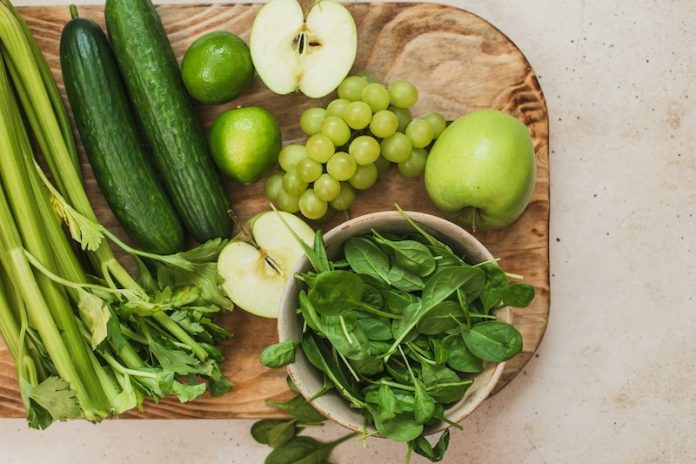
High blood pressure, or hypertension, is a common health problem that can lead to serious issues like heart disease and stroke if left untreated. The good news is that eating more vegetables can be a simple and natural way to help manage blood pressure.
Certain vegetables are especially beneficial because they contain nutrients that relax blood vessels, reduce inflammation, and improve heart health.
One of the best-known vegetables for managing high blood pressure is spinach. Spinach is rich in potassium, a mineral that helps balance sodium levels in your body. Too much sodium can raise blood pressure, but potassium works to counteract its effects.
Spinach is also packed with nitrates, compounds that help widen blood vessels and improve blood flow. A study published in the journal “Hypertension” found that nitrate-rich vegetables like spinach can lower blood pressure in just a few hours after eating them.
Beets are another excellent choice. Like spinach, they are high in nitrates, which convert to nitric oxide in the body. Nitric oxide helps relax blood vessels, making it easier for blood to flow and reducing pressure on the arteries.
Research from Queen Mary University of London showed that drinking beet juice lowered blood pressure significantly in people with hypertension. While drinking beet juice is effective, eating whole beets offers additional benefits like fiber, which supports heart health.
Broccoli is another vegetable that deserves attention. It contains compounds called glucosinolates, which have antioxidant properties and support blood vessel health.
Broccoli is also a good source of magnesium, calcium, and potassium, all of which play a role in regulating blood pressure. A study in the “Journal of Human Hypertension” found that people who regularly eat broccoli tend to have lower blood pressure than those who don’t.
Celery is often overlooked, but it’s a great vegetable for blood pressure. Celery contains a natural compound called phthalide, which can help relax the tissues in artery walls and improve blood flow.
A study conducted in China found that eating celery or drinking celery juice daily for a week significantly reduced blood pressure in people with mild hypertension.
Garlic, while technically more of a seasoning than a vegetable, is another powerful tool for lowering blood pressure. Garlic contains allicin, a compound that has been shown to relax blood vessels and reduce blood pressure.
A meta-analysis of clinical trials published in the journal “Annals of Pharmacotherapy” confirmed that garlic supplements can lower blood pressure as effectively as some medications, especially in people with hypertension.
Carrots are also helpful. They are rich in potassium and antioxidants like beta-carotene, which support heart and blood vessel health. A study in “Nutrition Journal” found that people who eat more carrots have a lower risk of developing high blood pressure.
Tomatoes, particularly when cooked, can contribute to lower blood pressure as well. They are a good source of potassium and lycopene, a powerful antioxidant.
Research from the “American Journal of Clinical Nutrition” found that lycopene can improve blood vessel function and reduce blood pressure levels.
Leafy greens like kale and Swiss chard are also excellent choices. These vegetables are loaded with magnesium and potassium, which are key for maintaining healthy blood pressure.
Magnesium helps relax blood vessels, while potassium helps remove excess sodium from the body. Studies have shown that diets rich in leafy greens are associated with lower rates of hypertension.
By including these vegetables in your diet regularly, you can naturally support healthy blood pressure. Whether you add spinach to your smoothies, roast some beets, or enjoy a salad with kale and broccoli, these simple choices can make a big difference.
Remember, a balanced diet combined with regular exercise and good sleep habits is the best way to manage high blood pressure and protect your heart.
If you care about blood pressure, please read studies about blood pressure drug that may increase risk of sudden cardiac arrest, and these teas could help reduce high blood pressure.
For more information about health, please see recent studies about nutrient that could strongly lower high blood pressure, and results showing this novel antioxidant may help reverse blood vessels aging by 20 years.
Copyright © 2024 Knowridge Science Report. All rights reserved.



